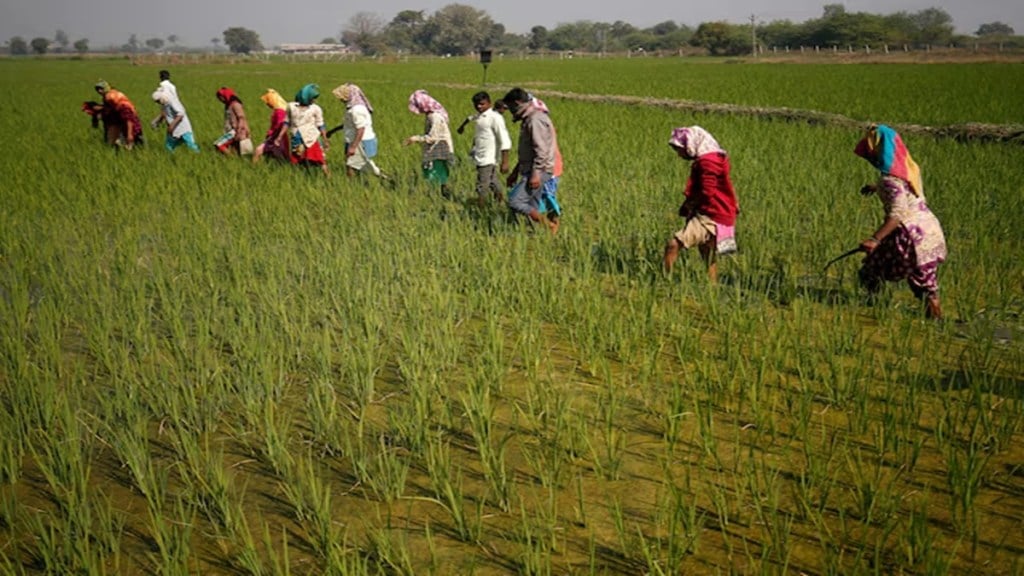The abolition or reduction of GST on range of items including fertilisers, agro-chemicals, farm machinery, food processing equipments, drip irrigation systems, sprinklers, specified bio-pesticides and micro nutrients will ease farm input costs, boost mechanisation, reduce prices and accelerate adoption of sustainable practices, experts say.
“We believe that lowering of input costs will increase accessibility of quality crop protection solutions thereby aiding farmers to enhance crop yield, boost their incomes and stabilise the food supply,” Sunil Kataria, CEO & MD, Godrej Agrovet, said.
On reduction in GST on drip irrigation and sprinklers equipment to 5%, Randhir Chauhan, MD, Netafim India said wider adoption of water-efficient solutions that are vital in today’s climate-sensitive environment. “This decision not only reduces input costs for farmers but also accelerates the shift towards sustainable and resilient farming practices,” he noted.
Correcting inverted duty structures and reducing Costs
Finance minister on Wednesday had said “we are correcting the inverted duty structure in fertilisers by reducing GST on sulfuric acid, nitric acid, and ammonia from 18% to 5%,”.
Rajib Chakraborty, national president, Soluble Fertiliser Industry Association, said that indigenous manufacturers, particularly MSMEs, have struggled under the burden of a tax rate disparity 18% GST on raw materials versus just 5% on finished fertilizers.
“The reduction of GST to 5% on these raw materials changes the landscape significantly. Manufacturers can now procure inputs at the same rate as finished goods, ensuring full utilisation of working capital, smoother cash flows, and lower cost of finance,” Chakraborty said.
Enhancing affordability for farmers and consumers
According to Saroj Kumar Mahapatra, executive director, Pradan, farmers will be able to invest more in farm mechanisation thanks to the tax cuts.
While GST has been removed for several items branded rotis, khakhra, pizza breads and similar items, Navneet Chitlangia, president, Roller Flour Millers Federation of India, said mass consumed rotis made at home from atta (wheat flour), maida, suji and besan (gram flour) continued to be taxed at 5% when purchased in pack upto 25 kg.
“Extending GST exemption to the key ingredients including wheat flour and other bread essentials would ensure that the benefits of lower taxes reach the kitchens of ordinary citizens,” Chitlangia said.
Most of the dairy products will now be either exempt from GST or attract only a 5% rate. “Lower taxation will help reduce operational costs, curb adulteration, and enhance the competitiveness of the Indian dairy products in both domestic and export markets,” according to an official note.
Critical chemicals such as ammonia and micro-nutrients used in pond preparation and water quality management will also be taxed at 5% , down from the earlier range of 12% to 18%, cutting costs of feed, pond conditioning, and farm-level practices, according to an official note.
Unprocessed agricultural products such as fresh fruits, vegetables, grains, pulses and milk are exempted from GST ensuring that farmers and consumers do not have to pay additional levies.

